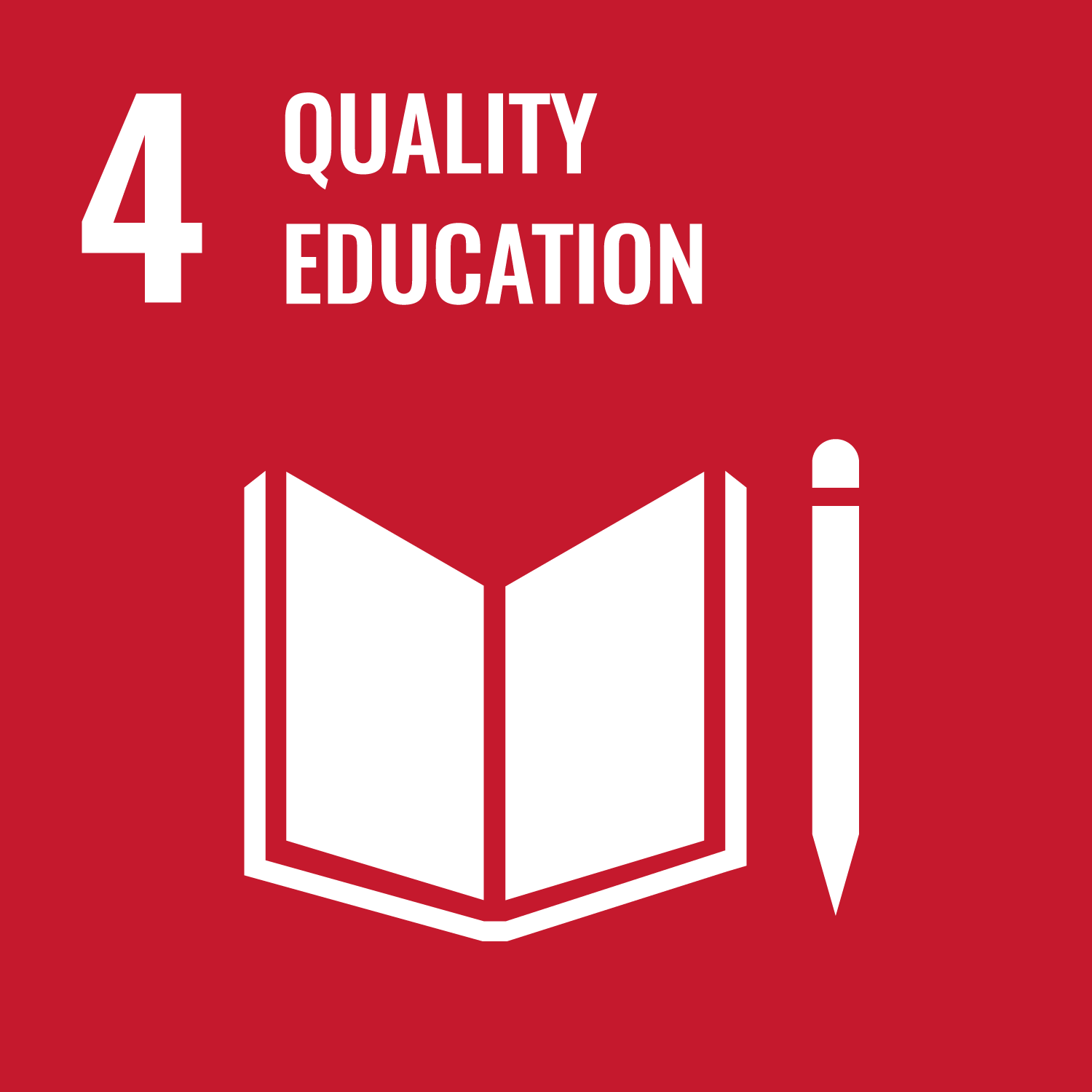Publication:
Islamic financial education for children and its effects on poverty
Abstracts views
139
Views & Download
23
Date
2016
Authors
SDG:
../../../../assets/images/goals/E_WEB_04.png

Abstract
The Organisation for Economic Co-operation and Development (OECD), in their Recommendation on Principles and Good Practices for Financial Education, argues that, in the contemporary world, financial literacy is related with standard of living and that, in the deficiency of financial knowledge, individuals and households are more exposed to indebtedness and bankruptcy (OECD, 2005). The World Savings Bank Institute (WSBI) in support for children's financial education stated that, "not only to support their habit building, but also because children are key actors of change for their families" (2009). Despite of its importance, financial literacy still remains poorly explained and imperfectly measured (Holzmann, 2010). Professionals and scholars have contended with competing theoretical frameworks for research on financial education. Moreover, comprehensive strategies for instructing children to be effective managers of money and successful participants of a complex financial marketplace have not yet emerged (McCormick, 2009).
Keywords
Islamic financial education , Importance , Effects
Citation
Ali, M. (2016). Islamic financial education for children and its effects on poverty. IF Hub, 3 (November 2016), 20-23.
Publisher
INCEIF
